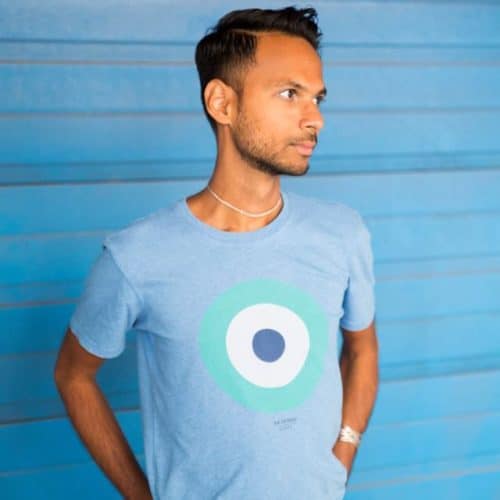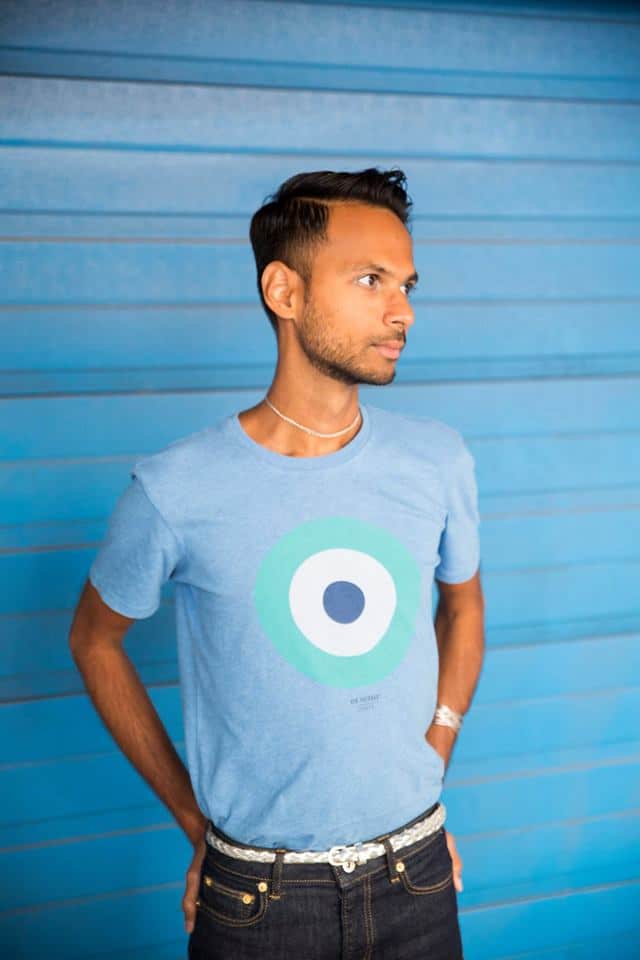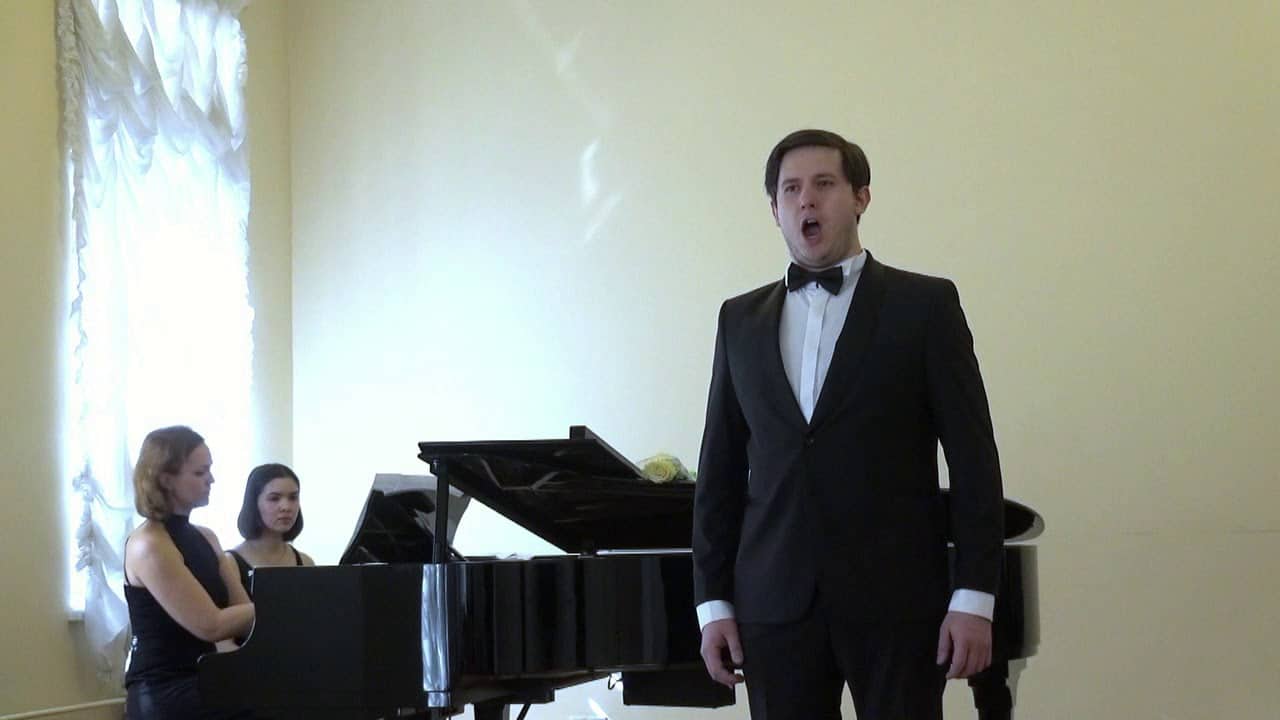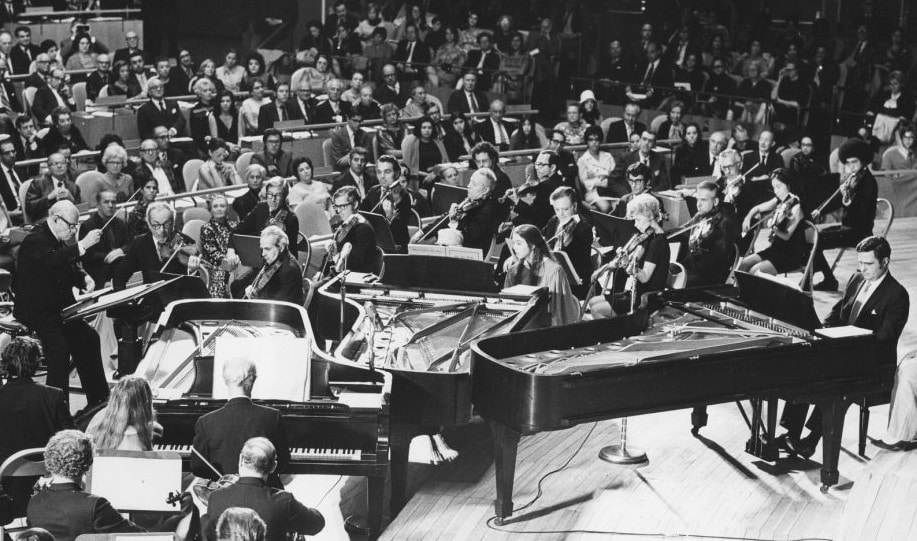A young conductor’s struggle with mental health
mainThe British conductor Manoj Kamps has worked with the Halle Orchestra and the BBC Philharmonic. Last year, he premiered Coded Messages: Scenes in the Life of Harriet Tubman at the Amsterdam Muziekgebouw. He is on the roster of IMG Artists and is talked of as one of the rising conductor of his generation.
But life has not been easy for Manoj. Adopted in Sri Lanka by a Dutch couple, he has faced issues of identity, sexuality, body image and more on a very long path to self-awareness.
Manoj has written an extraordinarily frank account of his journey that he is happy to share on Slipped Disc.
Here’s how he begins:
How I finally became Manoj
This is the most important and difficult piece I’ve ever written.
Content warning: suicide, depression, mention of eating disorder
In the past couple of years, I have conducted the BBC Philharmonic in concert and the Concertgebouw Orchestra in rehearsals, I have won and fulfilled one of the most coveted young conductor posts in the world (the Junior Fellowship at the Royal Northern College of Music in Manchester), I have co-organised and officiated at the funerals of my father, my grandmother and my cousin, I’ve had a second coming out as pansexual, genderqueer and polyamorous, I’ve become somewhat of an activist regarding the damaging stigma associated with HIV and PrEP, and even managed to successfully move house several times. Yet, writing and sharing this text has, perhaps, been more challenging than any of these things. More challenging, since the topic is one I have until this week never spoken about in public, and only very rarely in private, because it touches at the core of how I see myself. Until earlier this week, even my family were mostly unaware, but I am beyond relieved that they now know too, even though sharing this with them was the hardest of all those ‘coming outs’.
I was adopted from Sri Lanka by wonderful and loving Dutch parents at a very young age, grew up in Sri Lanka (and was educated at a British international school) until I was 14, and completed high school in the Netherlands. Adoption is complex and has only quite recently become better understood. It is almost invariably a form of trauma that every adopted person at some point in their lives has to come to terms with, which sometimes has deadly consequences. In my case, it caused (amongst other things) a destructive fear of abandonment and an extremely low self-image that, for a long time, made it impossible for me to believe I was worthy of love and acceptance.
On top of that, I was dealt a couple of cards in the genetic lottery that have proven to be both great assets and pitfalls. I have above average intelligence, many talents, extreme emotional sensitivity, an introverted personality, a number of neuroses, a fascination with death, as well as a non-normative sexuality and gender that do not fit in the ‘hetero male’ box that is at the centre of society….
Read on here.

Photo by Judith Tielemans






I wish Manoj the absolute best on his journey. It is incredibly brave to say what he did publicly, and it was moving to witness. I’m sure we can all agree that artists are deeply complicated people!
With all that said, I hope that he and others will be weighed fairly, based on merit and musical prowess in the professional sphere as anyone else, and not be viewed unfavorably (or favorably) based upon their many listed attributes. Music must be an absolute meritocracy, and race, gender, orientation, etcetera cannot have a part in the professional world.
Man, he’s made it through some difficult stuff. I especially appreciated this part:
“[P]lease be mindful of the fact that people who choose a life in the arts, most likely have some difficult and dark parts to themselves that the arts allow them to process, to channel, and give a voice to. Please be aware that it is the sensitive, the thoughtful, the queer, the different kids who feel automatically at home in the expressive and beautiful environment that the arts can be, but this doesn’t mean they are therefore less vulnerable once they are in that world. Please be especially wary that achievement, and the pursuit of achievement, in any field, can become unhealthy and dangerous, when it is actually a way to fundamentally validate one’s existence.”
(Doubtless there will be people who think this article is over-sharing, nobody wants to hear all this about a performer’s personal life, their music-making is the only important thing, he’s trying to call attention to himself, etc. That’s fine. He’s not writing this for you.)
“the damaging stigma associated with….”
is better presented as “the damage associating a stigma does…”
” I have above average intelligence ” – and below average humility.
Seriously.